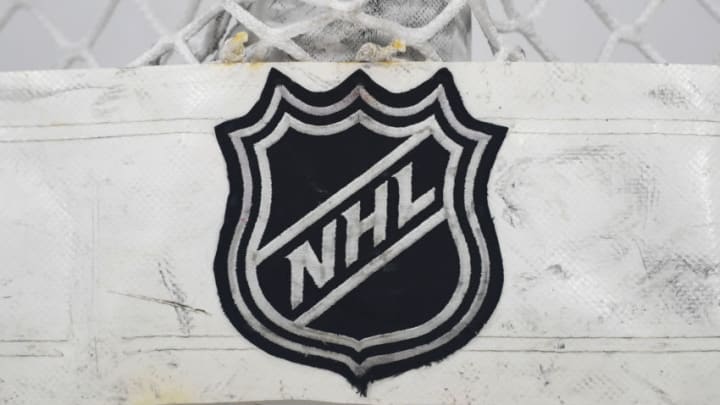Some may say that they’re boring and unnecessary, but split-squad games have a place in the NHL. they provide valuable experience for otherwise overlooked prospects.
This past Monday, while most were getting ready to watch the much less entertaining Monday Night Football, I was getting ready to watch my New Jersey Devils hit the NHL ice for the first time this season. Yes, it may just be pre-season, but I was still excited for hockey to finally be back.
The Devils had two games that night, since they were playing with a split-squad matchup. Half the team traveled to Canada in a loss to the Montreal Canadiens, while the other half remained in New Jersey and emerged victorious over the Boston Bruins.
More from Puck Prose
- Detroit Red Wings 2023 Rookie Camp Has Plenty of Ups and Downs
- This Columbus Blue Jackets rookie doesn’t want to be forgotten
- 2 trades the Boston Bruins must make to secure the Stanley Cup
- 3 reasons the Avalanche won’t win the Stanley Cup in 2024
- This is a big year for Alex Turcotte and the Los Angeles Kings
Some argue that split squad match up seems useless. Why have two games, when you could have one more meaningful one? Why split up your coaching staff and players and have them part ways for two entirely different contest? Images of nearly empty stadiums during such games seemingly serve as evidence that they provide no value to fans, but what about the value of players.
Split squad games provide invaluable experience for prospects. Every NHL teams enter training camp with more players than their roster can hold, and as the preseason progresses players get reassigned and cut as the rosters get twiddled down to more manageable numbers. Some of those players have very few chances to make an impression. Split squad games give them an extra chance to make the most of their big league audition.
Travis Sawchick wrote a recent article discussing Minor League Baseball’s shortcomings. In it, he argued sports should move away from assigning players to minor leagues and take a more data-driven approach to player development. One current MLB player, Mitch Haniger, was opposed to the idea, as it takes away the game experience.
"“You can’t really simulate facing a pitcher in front of thousands of people,” Haniger says, “and failing in front of a whole bunch of people.”"
While they may have been talking baseball, the same idea rings true for hockey. More split-squad games mean more shifts on ice for prospects. More time to make actual plays and participate in actual games. Those are the experiences that even the best organizations and coaching staffs can’t fully replicate during practices and training camps.
It all comes down to one thing: experience. The more experience you have, chances are the better you’ll become a better player and improve. Split squad games offer more experience at the major league level to players most likely will end up getting cut or reassigned.
Complain all you want that attendance was less than spectacular for a split-squad match up, but that experience is invaluable to a player who might have otherwise spent the night at the bench or in the press box.
They may not be the most exciting things, but it’s the preseason and not the Stanley Cup playoffs, after all. You can argue that exhibition games may not mean anything, but they mean everything to the players of tomorrow fighting to get on a roster. So sit back, relax, enjoy the games, and get ready for the regular season to start.
